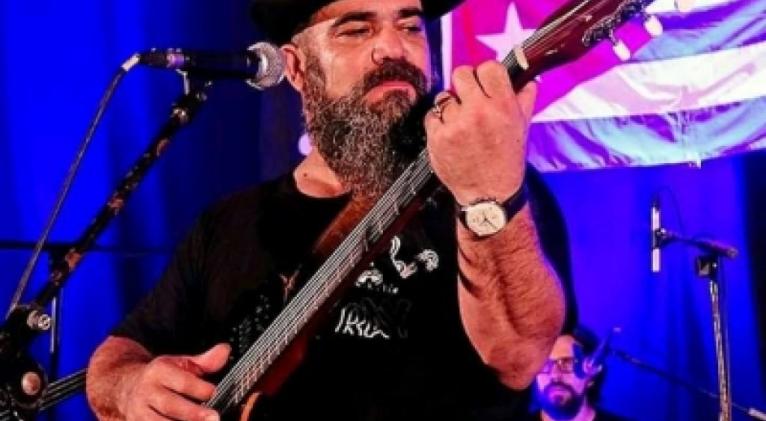Time for Definitions

Cuban artists, fear and social networking in Trump’s times. Defend Cuba or pay tribute to “the worst” of Miami?
There was a time when things were so simple that leaving or staying in Cuba could be taken as a political decision. Going to Miami or staying there, instead of another city elsewhere in the world, was also something in people’s mind that seemed to mark some level in the issue.
Of course, it was practically impossible for a Cuban artist to be able to continue his/her career in Miami, without paying the political tribute to the anti-Fidelista tendency –extremely anti-Cuban– that intends to remain dominant in that city.

Gente de Zona: From revered to persecuted.
Then, there came the time of the Cultural Exchange followed by the diplomatic relations with the Obama administration, which enabled a more hospitable Miami for the Cuban artists who live on the island. Competition between shows and channels, more concerned with the rating that the presentation of those artists could provide them, made many keep their composure for a while, and received in their sets every musician, humorist or actor living in Cuba who visited Miami. The “anti-Castro” television industry, whose access to that pie was limited to harass the artists coming from the island upon their arrivals to ask them recalcitrant questions, saw how its commercial product: hatred towards all that Cuba meant, failed to be quoted as before. The relief that came after the traumatizing effect of George W. Bush’s aggressive policy against Cuban families –similar to that adopted by Trump today– with his travel and remittance restrictions, influenced a background atmosphere in which thousands of Cubans living in Florida informally invested in the new possibilities that opened for self-employment in Cuba. In that period, the anti-Cuban rightwing in Miami’s media kept its troubles to itself.
The advance of the second decade of the 2000s, the rise of social networks made the television formats that had benefited from the use of YouTube begin to lose ground due to the growing volume of content directly produced for that platform. The circulation of fragments of panel television shows begin to be surpassed by the production of shows broadcasted via streaming and watched by an increasing number of subscribers to video channels.

Haila María Mompié: Another victim of intolerance in Miami.
A few years later, in 2020, there is a Miami-based political industry with new faces much more installed on the Internet that has moved from the traditional press media and TV –although without leaving them– to YouTube, along with another aggressive circuit of webpages. Unlike television, these shows made for streaming and online viewing assume a greater aggressiveness by complementing themselves with the possibility to comment and share that social networks provide their audience with.
With the artists living in Cuba, this anti-Cuban media positioning that tries to poison the bonds between the Cuban community in the United States and its country also seeks to put an end to the possibilities of presentations in the city of Miami –and their economic benefit–, which opened the period of Cultural Exchange.
Although in Cuba the political ambiguity of some artists perhaps generate indifference, that Miami-based rightwing full of revived hatred isn’t willing to assimilate so: Either you join the anti-Cuban discourse or you don’t enter Miami. But new media and social networking go further, and seek to reach in their persecution those who, from Cuba, defend their right to have their own political criteria. They try, with the terror of the lynching on the social networks, to inflict silence and fear in all the artists who might speak out against the blockade, Trump’s sanctions, vandalism against the busts of Martí or whatever else those media defend.
Just a month ago, singer-songwriter Amaury Pérez talked about this in an interview made by journalist Oliver Zamora Oria: “There are people who should be defending some things they defended, who are scared to death. Because you must be very patient to endure the trash talk some people say about you out there.” [on social networks].
Because of a ten-line stanza posted on his Facebook, in which he strongly condemned the outrage against Martí, the also singer-songwriter Ray Fernández faced with a pack that filled him with all kind of insults, which the cult troubadour replied: “Nobody should doubt these are times for definitions.”
This inevitably remains us what the most defined of all Cubans told the audience gathered in the third year of the Cuban Revolutionary Party, in a defining period before the idea of Cuba’s Independence: “Whoever rises up with Cuba today, rises up forever.”
Translated by Jorge Mesa Benjamin / CubaSi Translation Staff













Add new comment